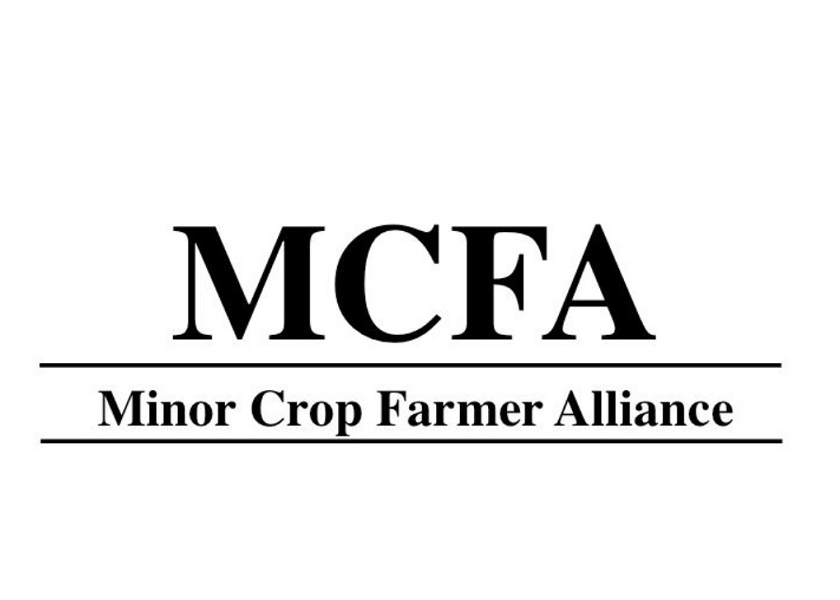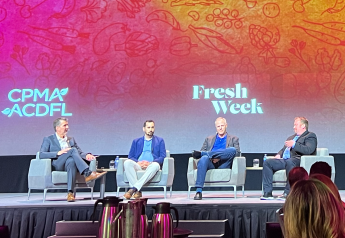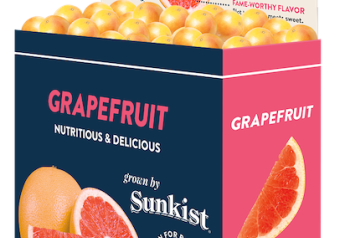Endangered Species Act proposals present challenge for specialty crops, MCFA says

Specialty crop producers will be hard-pressed to comply with new proposals from Environmental Protection Agency overhauling how it implements the Endangered Species Act, warns Minor Crop Farmer Alliance in new comments to the agency.
“Of course growers are in favor of protecting endangered and threatened species and their habitats. But the average specialty crop grower is going to find it challenging to comply with EPA’s ESA plans,” MCFA Chair Jim Cranney, president of California Citrus Quality Council, said in a release.
In comments to EPA submitted Feb. 14, MCFA outlined concerns about a proposed update to EPA’s workplan for implementing the ESA.
The new workplan is a 180-degree change in the agency’s ESA policy, replacing a methodical, slow approach with an “act now, ask questions later” policy, said Cranney, adding that “MCFA is sympathetic to EPA’s dilemma, but the proposed policy presents potential difficulties that growers may have to address if they want to use pesticides.”
Related: ESA poses a serious and expensive complication for specialty crop production, says MCFA
MCFA says the EPA is changing its ESA policy “after years of lawsuits from environmental activist groups that have effectively paralyzed the agency’s pesticide safety-review program.”
Elements of EPA’s updated ESA workplan will prove challenging to specialty crop producers, says MCFA, which points to a new workplan that proposes “extensive mitigation measures to reduce potential for spray drift and pesticide runoff to soil and water, such as no-spray buffer zones, water retention ponds and vegetative ditches.”
Since the triggers for these mitigations will be low, MCFA says many specialty-crop growers likely will be required to include some mitigation option as part of their pesticide application programs.
As currently constructed, EPA’s mitigation measures are suited more for major crop production rather than specialty crop production, MCFA told the agency.
“MCFA believes that many of these mitigation measures … may be more suitable for farmers producing major crops,” MCFA wrote in its comments. For specialty crops, “the average farm is far less than 100 acres. Consequently, many specialty crop producers do not have as much flexibility or economic wherewithal as major commodity producers in terms of reducing planting acreage or installing new systems for producing their crop. Some of [EPA’s] proposed mitigation measures would require wholesale changes to established cropping systems, with substantial adverse economic impacts to the impacted [specialty crop] growers.”
MCFA also cited the potential for EPA’s proposal to negatively impact specialty crop food-safety efforts.
“Producers growing specialty crops for human consumption must meet food safety requirements, including taking steps to ensure that produce does not become contaminated with, among other things, microbial pathogens from animals, amphibians and reptiles,” Cranney said. “Some of EPA’s proposed mitigations could create an environment that attracts animals, amphibians and reptiles into fields, a cause for concern for growers and the public alike.”
In addition, MCFA says it seeks to educate EPA about existing specialty-crop industry practices that would negate the need for additional mitigation measures. In its comments to the EPA, MCFA said off-field pesticide runoff is less of an issue for the industry because specialty crops are typically grown on lands that are essentially flat or with minimal slope — mitigating the potential for pesticide runoff by default.
MCFA says it also informed EPA that specialty crop growers already follow established conservation best practices to protect bodies of water and referred EPA to the USDA for extensive data about those existing conservation efforts.
MCFA’s full comments are posted on its webpage.
“MCFA believes that working cooperatively with [EPA] represents the best opportunity to achieve the goals of the agency while minimizing the potential disruption to agricultural operations regarding the continued availability of important crop protection chemicals,” MCFA said in comments to the EPA.
Informing EPA and other federal agencies charged with implementing ESA about the specialty crop industry, its practices and ESA’s impacts has been a long-standing MCFA priority, Cranney said.
MCFA is currently planning a workshop for the agencies to explore how to use more refined modeling and/or grower use data to improve their ESA evaluations and to help inform them about the potential feasibility of mitigation measures, according to a release.
Founded in 1991, MCFA is funded and led by fruit, vegetable, nut, ornamental plant and other specialty crop producer organizations from across the U.S. MCFA says it advocates for sound science in government minor-use pesticide policies, so that growers have access to safe, effective crop protection tools.
MCFA will host its annual meeting for members on Feb. 21.







